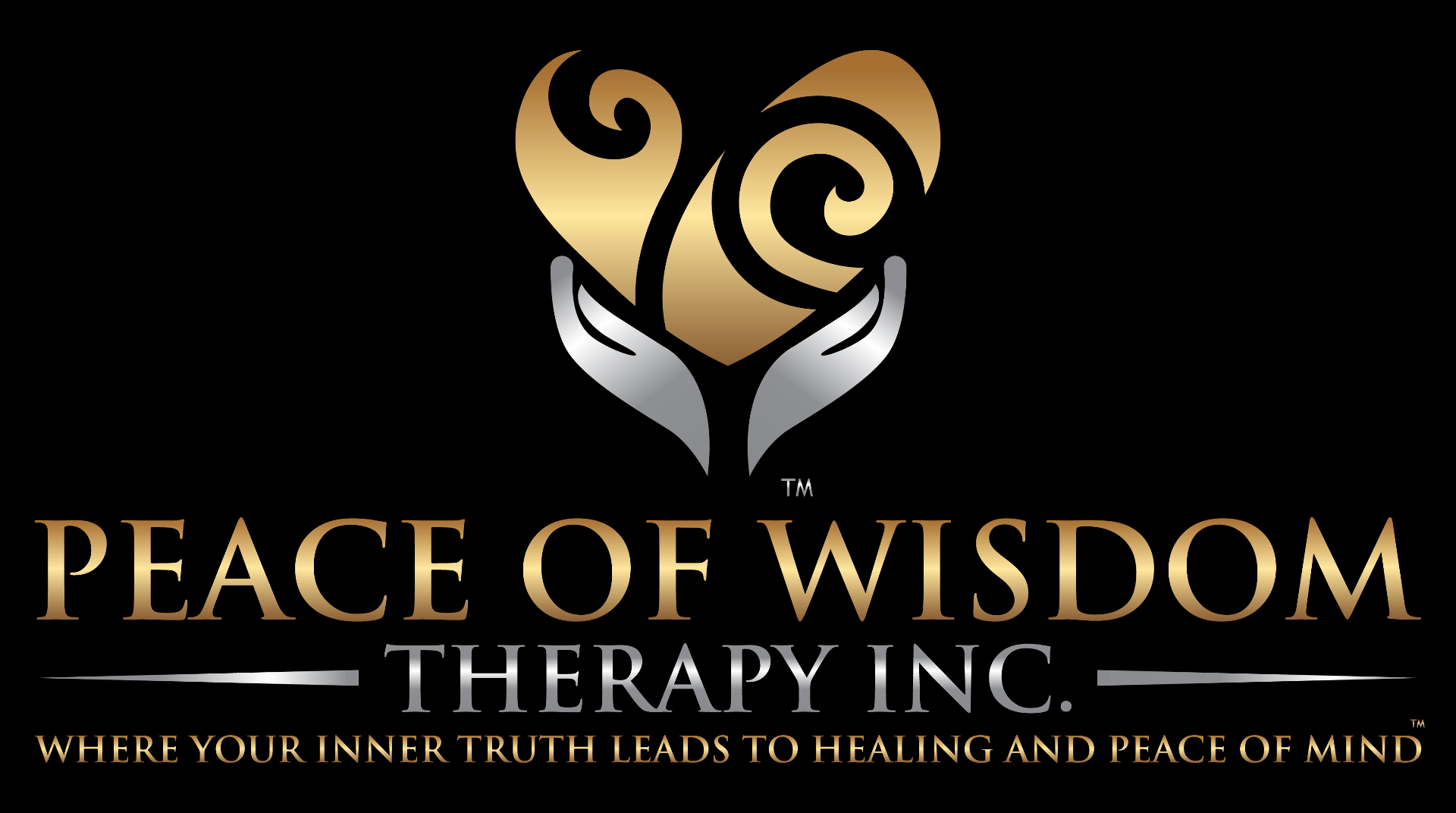How to Begin Healing After Trauma

Being prepared for a tragedy is rare.
In fact, most of us go through our lives believing that tragedies happen to other people, not us personally.
When people do experience a distressing or life-threatening event,
such as a car accident, natural disaster, domestic violence, sexual or physical
abuse, or terrorist attack, they often develop
extreme anxiety or PTSD.
Many develop ongoing problems with their personal relationships and their own self-esteem.
Everyone deals with trauma in their own way because only the
individual can determine if what happened was traumatic to them or not.
There is no “right” or “wrong” way to respond to a tragic or terrifying event.
“Trauma is not what happens to you. Trauma is what happens inside you as a result of what happens to you.” – Dr. Gabor Mate
There are steps you can take to begin to heal and regain control
of your life.
1. Accept Your Feelings
Ignoring your feelings of fear, shock, rage, terror, confusion, or guilt only
slows done the process of your recovery. In the moment, you may think you must
avoid your emotions. But whether you accept or push them away, your feelings
are real, and feeling them is necessary for healing.
The good news is even intense feelings will pass if you simply allow yourself
to feel them.
Accepting something does not mean you like it, or that you don’t want things to change. Acceptance is about acknowledging things as they are and not what you wish they were or think they should be.
2. Recreate Your Identity
After experiencing a traumatic event, it’s common to feel
helpless and out of control.
To fully recover, it’s important that you eventually rebuild a new identity and challenge your feelings of helplessness- becoming the survivor and shedding the idea of being a victim.
You can do this by taking action. Being proactive – even in small ways – will help you overcome feelings of fear and helplessness.
Consider volunteering for a cause that’s important to you.
If that is too much of a time commitment, you could simply focus on helping a friend or neighbor. You can also start engaging in an activity you always wanted to but hesitated to start.
This will help you feel more powerful and in control of your environment.
3. Reach Out to Others
Wanting to withdraw from loved ones and social activities following a tragic event is common but connecting with others is necessary for recovery.
Though you may not feel up to taking part in huge gatherings like you once did, a simple face to face conversation with a close friend or relative can activate natural biological responses that relieve stress.
Talking about the event with your loved ones is not a requirement. Simply spending time with them will help you feel more “normal.” Of course, if you feel like you need to talk about your feelings, reach out to those you know love and support you.
You may also want to look into support groups in your local area so you can be around others who know what you are going through.
Finally, you may want to consider seeking guidance from a professional therapist who is trained in helping people who have experienced a
traumatic event.
Therapy can help you navigate your emotions as well as give you tools to get back on your feet.
If you have experienced a traumatic event and feel you could use
some guidance on your journey back toward peace and joy, please get in touch
with me. You don’t have to suffer with your burden alone.


